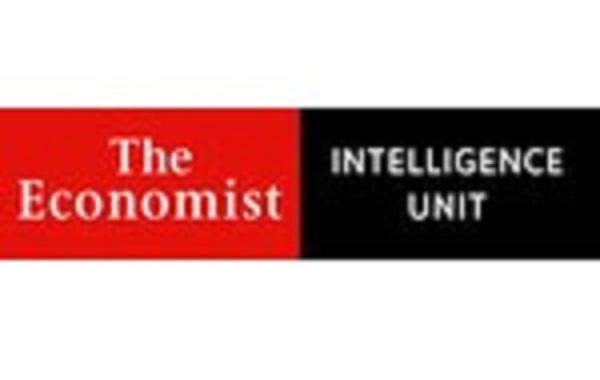- Home
- Media Outreach
- New Economist Intelligence Unit (EIU) study finds a need for more balanced regulation to protect innovation and societal benefits

Jumat, 24 Januari 2020 21:28:00
New Economist Intelligence Unit (EIU) study finds a need for more balanced regulation to protect innovation and societal benefits

- The increased pace of technological change is making it difficult for regulators to keep up
- A knee-jerk regulatory reaction that results in an outright ban on technologies in response to disruptive forces can stifle innovation
- Regulators need to take a measured approach that balances societal concerns with stakeholder and industry consultation, informed debate and factual analysis
TOKYO, JAPAN - Media OutReach - 23 January 2020 - The speed to technological disruption is making it difficult for regulators to keep pace but regulatory response needs to be measured in order to protect innovation, according to a new report from The Economist Intelligence Unit. A fine balance: Regulations and the societal benefits of disruptive technologies is a new research report sponsored by Philip Morris International (PMI). The report examines how best to balance the introduction of new regulation with the societal benefits of new technology through industry case studies and in-depth interviews with senior executives and academics. It includes two case studies--one on the development and impact of regulation on electric scooters and the other on the introduction and use of blockchain technology in rural finance.
The report finds that disruption typically results from friction caused by the introduction of a new technology that makes accepted ways of doing things obsolete. This change can cause fear among segments of society around issues like job security and the loss of tradition. Disruption is not a new thing, and technology that creates more efficient ways of doing things has helped the world progress for hundreds of years. However the pace of such change has become much faster, and regulators have found it difficult to balance societal concerns with societal benefits given the greater speed and the increased scale and scope of the impact from new technology, according to the report.
Starting with electric scooters, the report examines the impact and regulatory response following the introduction of the technology in developed nations like the UK and the US. It also investigates how regulators are approaching fears around the application of blockchain technology in rural finance. Both case studies illustrate how realising the full benefits of these new technologies requires regulators to listen to stakeholder concerns, as well as the arguments for change from industry, and carefully examine the actual impact of such a technology before making any decisions that could have a long-term, negative impact.
"Disruption is here to stay and it is important that regulators are able to keep pace, but also balance that speed with decisions that are based on consideration of stakeholder concerns and empirical evidence as opposed to a knee-jerk reaction," says Chris Clague, editor of the report and a Managing Editor in Thought Leadership at The Economist Intelligence Unit. "Regulations that result in an outright ban on technologies can stifle innovation, financial growth and societal benefit. Any regulatory change in response to disruption from a new technology should be based on a wide range of information and perspectives, as well the experience of others, to be both constructive and effective."
About The Economist Intelligence Unit
The Economist Intelligence Unit is the world leader in global business intelligence. It is the business-to-business arm of The Economist Group, which publishes The Economist newspaper. The Economist Intelligence Unit helps executives make better decisions by providing timely, reliable and impartial analysis on worldwide market trends and business strategies. More information can be found at www.eiu.com or www.twitter.com/theeiu.
About Philip Morris International
Philip Morris International (PMI) is leading a transformation in the tobacco industry to create a smoke-free future and ultimately replace cigarettes with smoke-free products to the benefit of adults who would otherwise continue to smoke, society, the company and its shareholders. Through multidisciplinary capabilities in product development, state-of-the-art facilities and scientific substantiation, PMI aims to ensure that its smoke-free products, while not risk-free, meet adult consumer preferences and rigorous regulatory requirements.
For more information, please visit www.pmi.com and www.pmiscience.com.

Temukan Daftar BCCoin (BlackCardCoin) di XT

ECOVACS ROBOTICS Bekerja Sama dengan Brand Ambassador Baru, Superstar Korea Selatan Jun Ji-hyun, untuk Perjalanan yang Dinamis ke Depan

Platform Intelijen Fintech TwentyFold Money20/20 Memulai Debutnya di Asia di Money20/20 Asia








